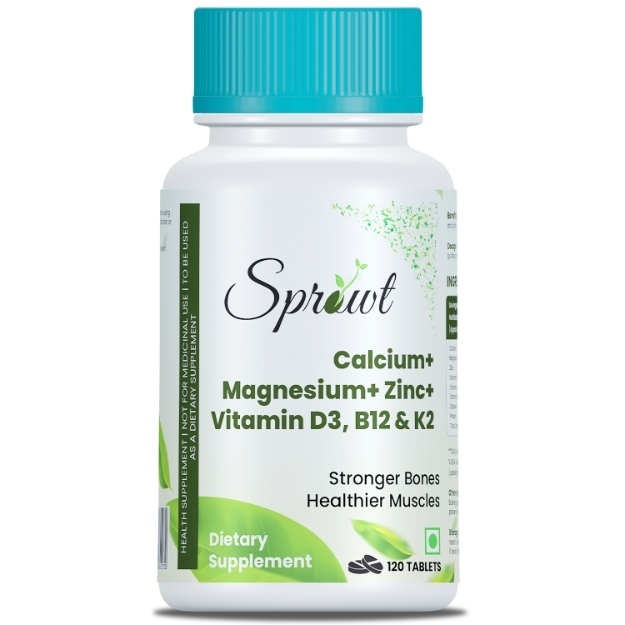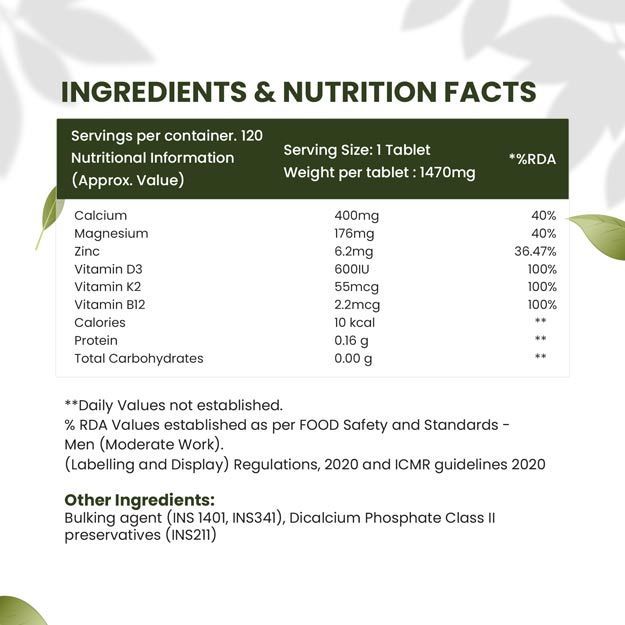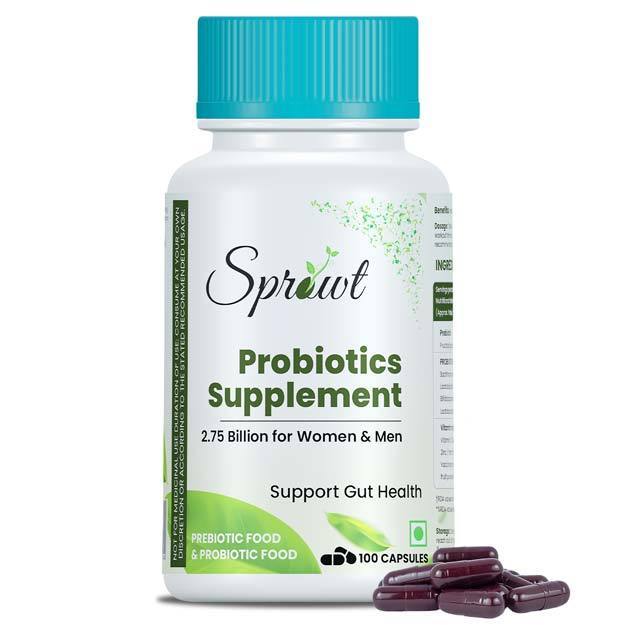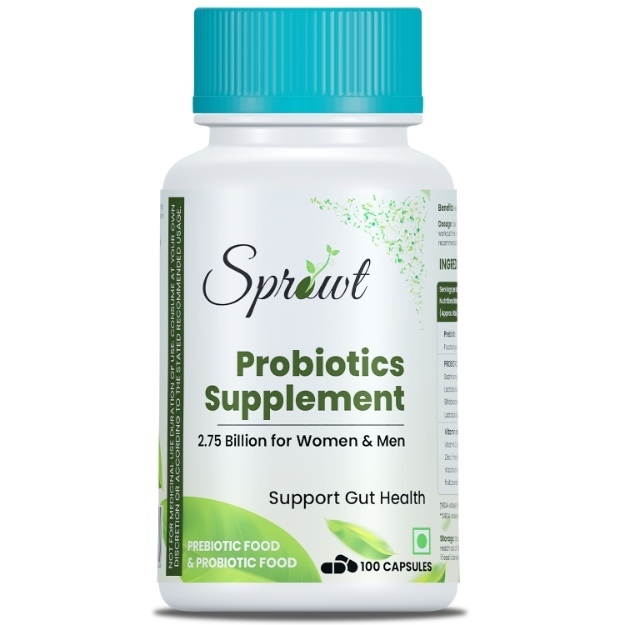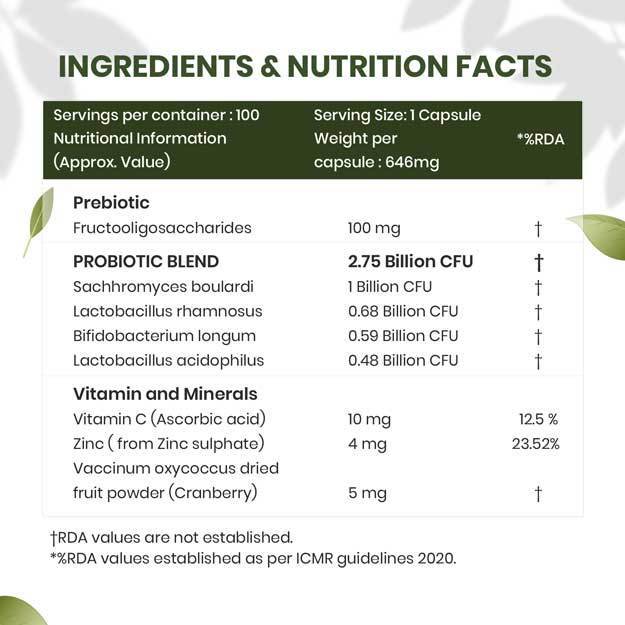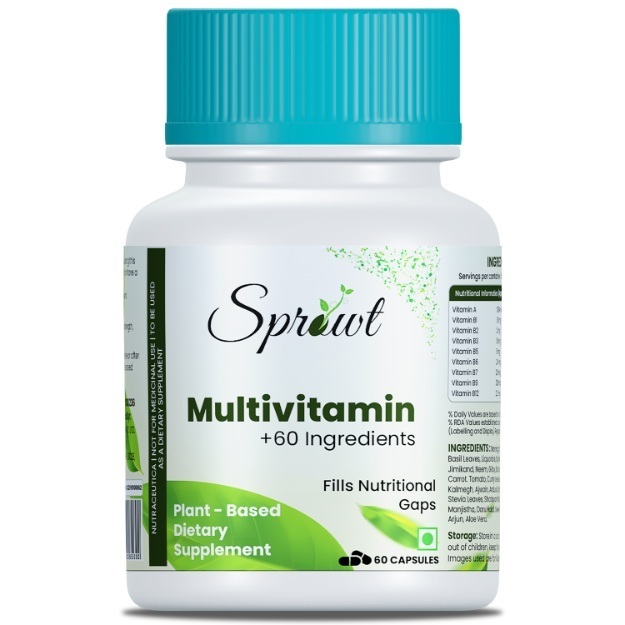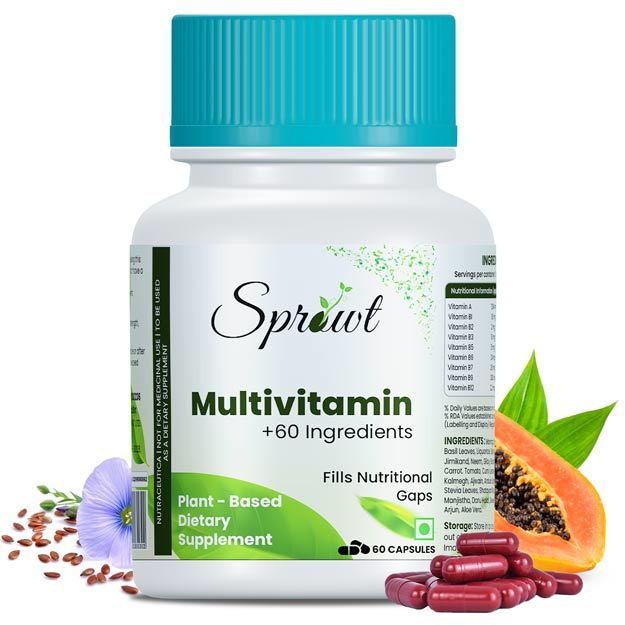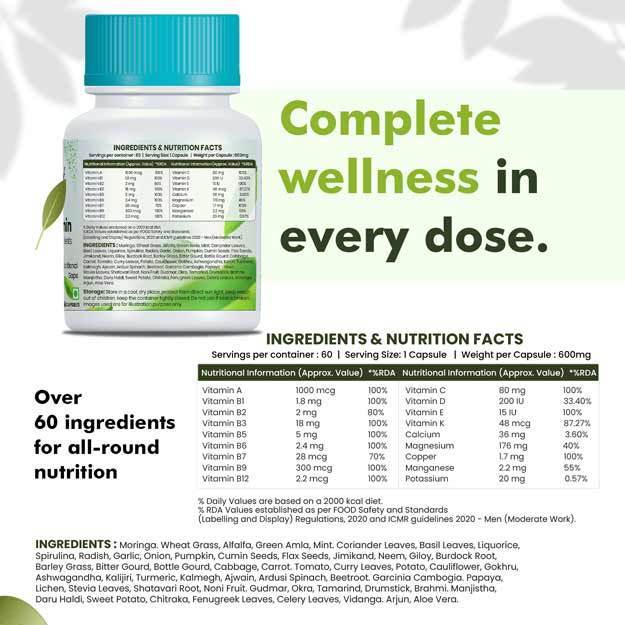Vitamin A is a fat-soluble vitamin, which is naturally present in various food items. It is derived from provitamin A and is quite essential for the optic health (eyesight).
Vitamin A is also called retinol because it aids in producing the pigment which helps in the formation of the retina in your eyes. You may be surprised to know that the deficiency of vitamin A is the most common cause of blindness worldwide.
Vitamin A is a powerful antioxidant, which helps to protect you from the harmful effects of free radicals. It is considered to have an important role in the proper growth and development of your body and is thus highly required in infants and children.
It helps in maintaining the health of your skin, tissues, mucous membranes, bones and teeth, and is also important for maintaining several cellular functions. Vitamin A also has an essential role in improving the functioning of your immune system, which helps you in fighting infections.
This article discusses the important functions of vitamin A for different age groups, along with the daily requirement of it, food sources and the side effects of taking an excess of vitamin A supplements.





